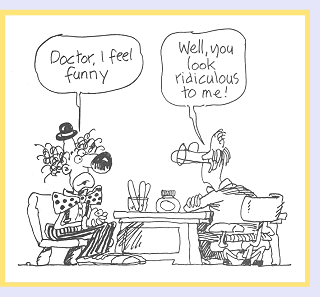
How long is your morning commute to class or work? In high school, my commute was 45 minutes by car. My dad has always believed in never letting any time go to waste. So, rather than listen to my favorite music CD all the way through twice a day, my dad would urge me to listen to audio books.
The association of traveling and audio books has stuck. My commute now is a much more tolerable 20-25 minutes and I'm still listening to audio books and podcasts. Any of you listen to podcasts or audiobooks on your way to class or work? Plenty of novels and language books have audio formats. I've always wanted to listen to something health care related and now I finally have an answer...WIHI.
WIHI is an exciting new audio program from IHI. It’s free, it’s timely, and it’s designed to help dedicated legions of health care improvers worldwide keep up with some of the freshest and most robust thinking and strategies for improving patient care.
Each episode is 60 minutes and there's a new broadcast every other week. You can listen to WIHI live— via computer or telephone or both — or you can download an archived audio file for listening later (see the Technology tab for more information). All you need to do is register in advance.
The WIHI broadcasts will be hosted by IHI’s Madge Kaplan, who brings a wealth of experience to WIHI from her years reporting on health care for public radio. IHI’s Director of Communications since 2004, and the regular “voice” of the 100,000 Lives and 5 Million Lives Campaign conference calls, Madge is known for her ability to create a shared space for lively and enriching discussions.
The first broadcast is TODAY at 2PM and is titled, "Breaking the Cycle of Readmissions." Today's broadcast will feature Dr. Amy Boutwell of IHI and Dr. Thomas Lee from Partners Healthcare System and Partners Community HealthCare, Inc. in Boston. Dr. Lee is actively working on reinventing primary care in the U.S., a critical backbone to any efforts to reduce hospital admissions. He is also co-chair of the Committee for Performance Measures of the National Committee for Quality Assurance.
Click here for more details about registering and listening in on WIHI.
I know I'll be adding this to my list of things to listen to on my way to work!










